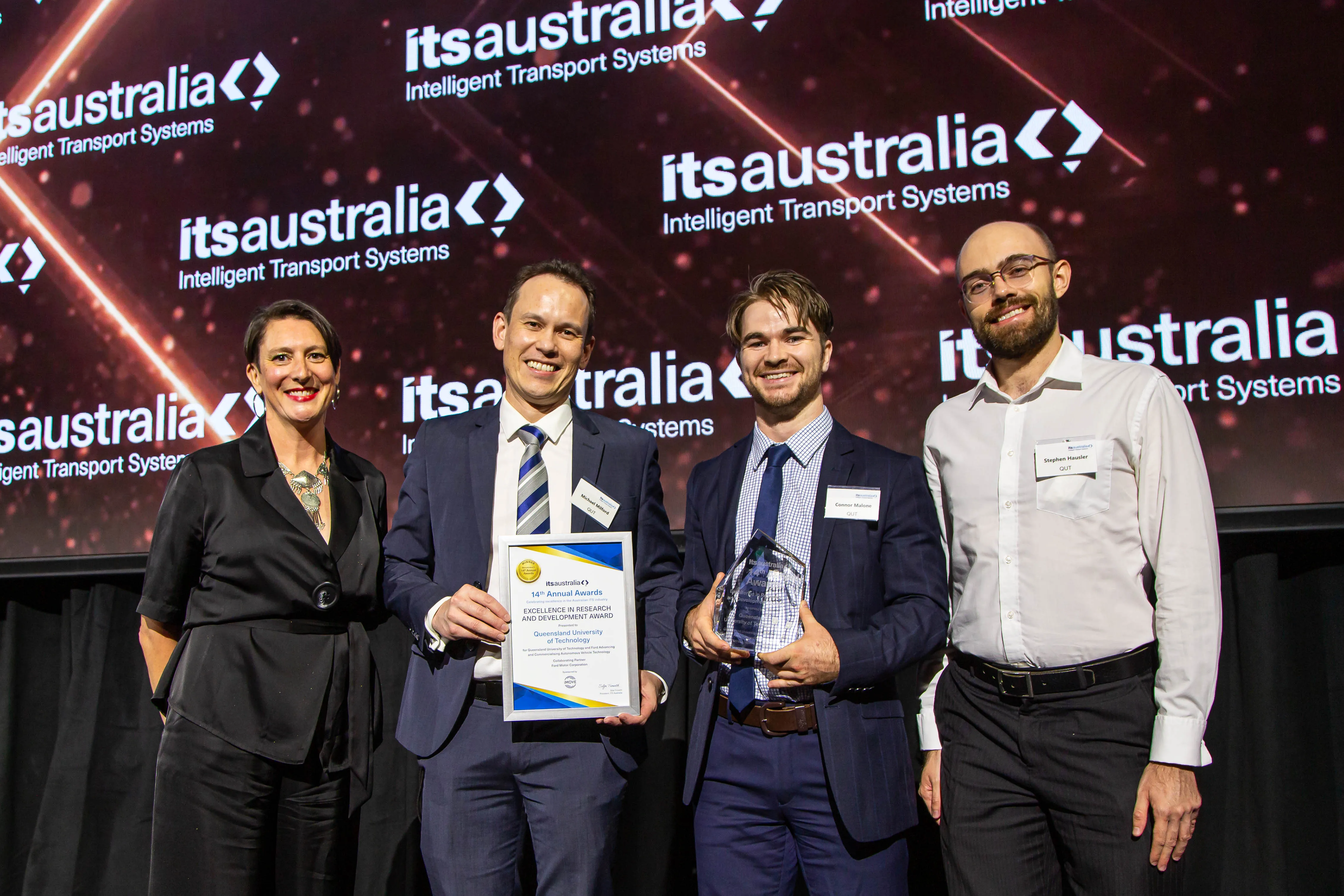
The UK will stop implementation of so-called smart motorway schemes until safety data has been collected over five years, according to the Department for Transport.
The department said that during this time it will invest €1.08 billion (£900 million) to improve safety on existing all-lane running (ALR) motorways. The roll-out of new ALR smart motorways will be paused for schemes introduced before 2020. After this five-year period, the government will assess the data and make an informed decision on next steps, it said.
According to the government, although available data shows smart motorways are comparatively the safest roads in the country in terms of fatality rates, “the government will go further by ensuring current smart motorways without a permanent hard shoulder are equipped with best-in-class technology and resources to make them as safe as possible”.
This will include investing €467 million (£390 million) to install more than 150 additional emergency areas so drivers have more places to stop if they get into difficulty. This will represent around a 50% increase in places to stop by 2025.
The Department for Transport announced the pause based on a government Transport Committee report which endorsed the department's focus on further upgrading the safety of existing ALR smart motorways rather than reinstating the hard shoulder. As concluded by the committee, evidence suggests hard shoulders do not always provide a safe place to stop, and by reducing motorway capacity, they could put more drivers and passengers at risk of death or serious injury if they were to divert onto less safe local roads.
“While our initial data shows that smart motorways are among the safest roads in the UK, it’s crucial that we go further to ensure people feel safer using them,” said Grant Shapps, transport secretary. “Pausing schemes yet to start construction and making multi-million-pound improvements to existing schemes will give drivers confidence and provide the data we need to inform our next steps.”
“We have listened to public concerns about smart motorways,” said Nick Harris, chief executive of National Highways, the government-owned company charged with operating, maintaining and improving motorways and major A roads in England.
“While we pause those all-lane running schemes yet to start construction, we will complete the schemes currently in construction, we will make existing sections as safe as they can possibly be and we will step up our advice to drivers so they have all the information they need,” said Harris.
The government said that its response to the Transport Committee “builds on significant progress” already made against the DfT’s plan to improve smart motorway safety, announced in March 2020, including adding emergency areas and upgrading cameras to detect Red X offences. The measures in the Stocktake and Transport Committee response represent over €1.08 billion (£900 million) of improvements in total, including €467 million (£390 million) of new money for extra emergency areas, with the remainder of the funding delivering other measures such as Stopped Vehicle Detection and concrete central reservation barriers.
National Highways will also ramp up communications so drivers have better information about how to drive on smart motorways.
DfT noted that it “will be taking forward all the recommendations set out in the Committee’s recommendations, it does not agree with the view that smart motorways were rolled out prematurely or unsafely. All ALR smart motorway schemes are, and will continue to be, subject to high standards of design, risk assessment and construction, followed by detailed monitoring and evaluation once opened to traffic.”
While further data is being collected, National Highways will continue work to complete schemes that are currently in construction, which will all open with technology in place to detect stopped vehicles. These schemes are all more than 50% completed and halting progress on them now would cause significant disruption for drivers, the department said.
Design work will also continue on those schemes already being planned, so they are ready to be constructed depending on the outcome of the pause. No preparatory construction work will take place.
Also, in line with the Committee's recommendations, National Highways will pause the conversion of dynamic hard shoulder (DHS) motorways – where the hard shoulder is open at busy times – into ALR motorways. During this pause, it will investigate alternative ways of operating them to make things simpler for drivers. National Highways will also install technology to detect stopped vehicles on these sections.
According to the government, in terms of fatality rates, smart motorways are the safest roads in the country. Per mile travelled, fatal casualty rates are a third higher on conventional motorways (0.16 per hundred million vehicle miles, hmvm) than on ALR motorways (0.12 per hmvm). Per mile travelled, fatal casualty rates on strategic road network A-roads (0.44 per hmvm) are more than three and a half times the rate on ALR motorways.










